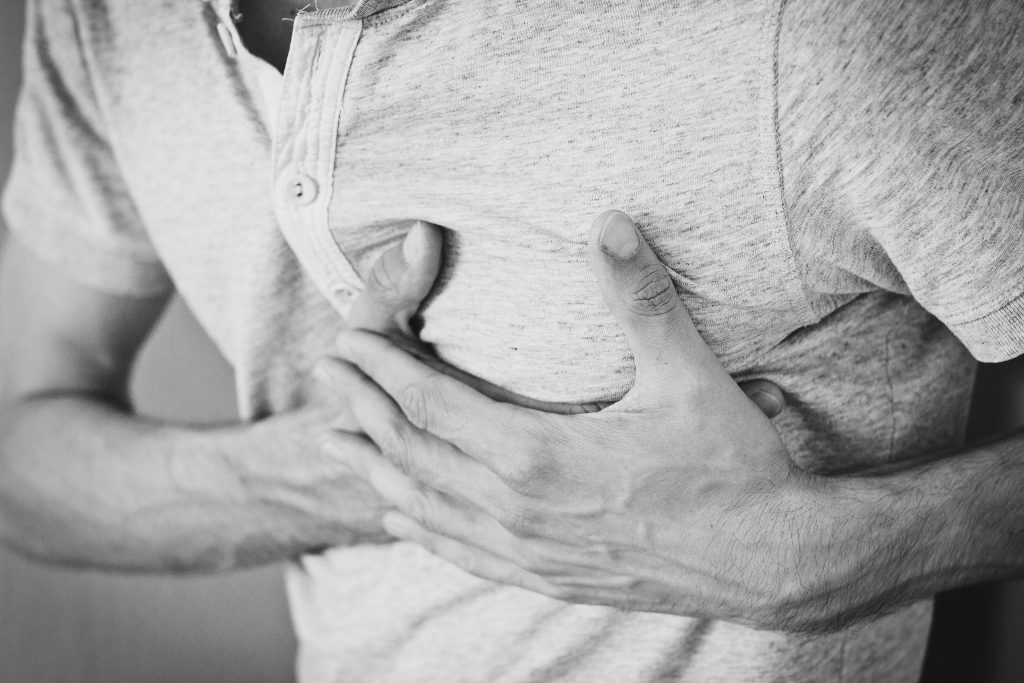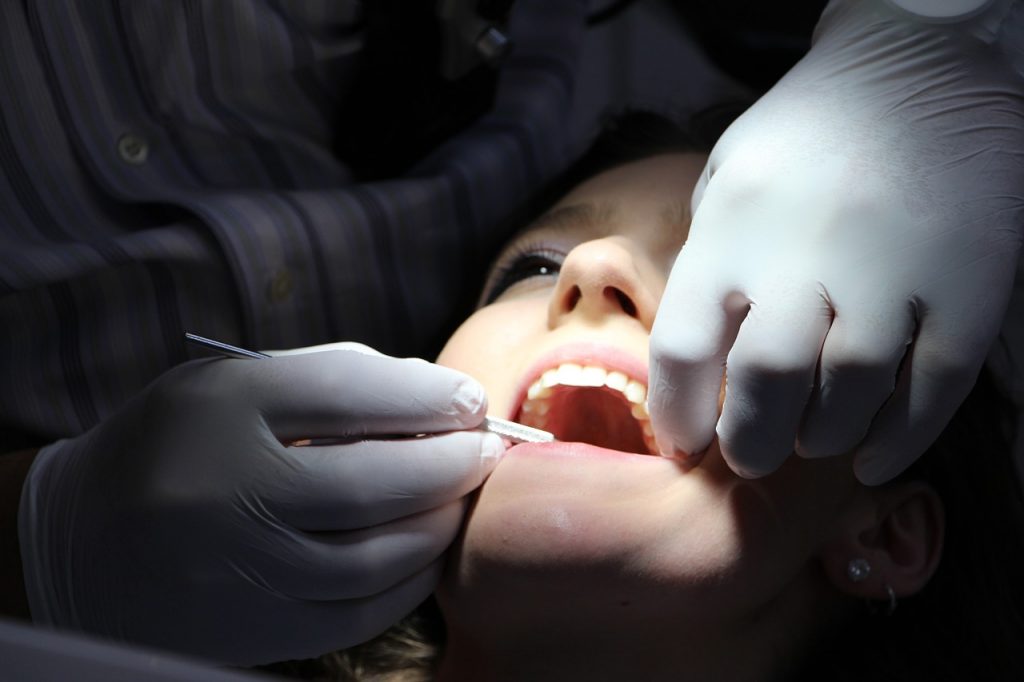While there are some injuries that are easy to heal and can be worked around in simple, if not inconvenient ways, other injuries happen at just the right spot on your body to make healing or treatment very difficult. One such injury that falls under this second category is a bruised or broken rib.
Because of where your ribs are, it’s very hard to know what the best treatment is in order to help speed healing and reduce pain. But luckily, there are a few things you can try to make yourself more comfortable and hopefully start feeling better soon. So whether you broke a rib in a car accident or bruised your ribs from a contact injury, here are three tips for dealing with bruised or broken ribs.
Rest, Rest, Rest
The very first measure you should take when you have bruised or broken ribs is to rest your body. Not only should you stop doing whatever activity it was that caused you to get hurt in the first place, but you should also strive to not do any additional movements that will exacerbate your pain.
According to the Better Health Channel, it’s wise to rest for at least six weeks following your injury. As a part of this rest, make sure you are slow and easy with your movements and that you try to avoid anything that might be jerky or cause you to bend, twist, or jostle in any way that causes you pain.
Use Ice When You Can
One symptom of your bruised or broken rib could be pain and swelling in the area where the injury took place. To combat this, Dr. William Morrison, a contributor to Healthline.com, applying ice right on the injury can help to reduce a lot of the pain and swelling that you might be experiencing.
When using ice, make sure you’re following the best practices for this form of treatment and aren’t applying ice to extended periods of time. Your body needs a break every 20 minutes or so before you reapply ice again.
Don’t Breathe Too Shallowly
When your ribs are in pain, you might be tempted not to breathe too deeply in order to avoid any sharp jabs of pain that could take place. However, Dr. Tyler Wheeler, a contributor to WebMD.com, shares that when you take short, shallow breaths, you put yourself in danger of developing pneumonia.
Lung infections can be common when you have bruised or broken ribs. And when you’re not taking deep breaths like you normally would, pneumonia can be ever more likely. So to avoid this, make sure you’re taking nice, deep breaths as often as you can.
If you have bruised or broken ribs, consider using the tips mentioned above to help you deal with this pain and get healing quickly.



